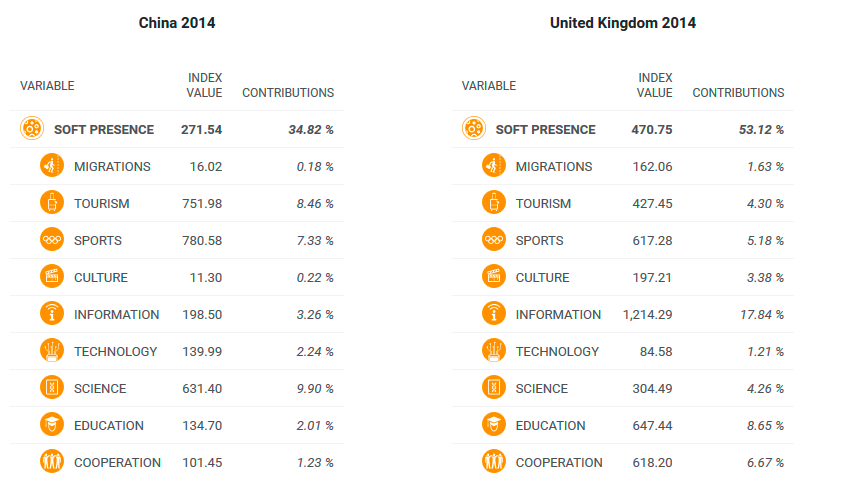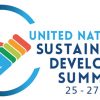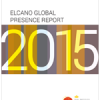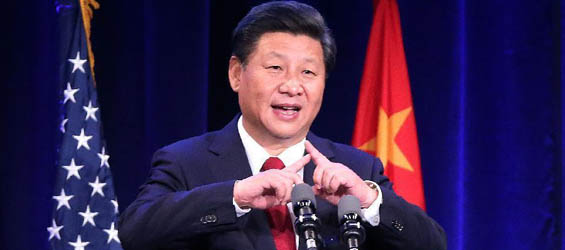
The first Official State Visit of the Chinese President Xi Jinping to the United States has been overshadowed by the media frenzy of the UN General Assembly and the visit of Pope Francis.
This is a meeting in times of global economic turbulences, where growth of so-called emerging countries seems to be shrinking due to the declining price of oil and raw materials. Traditional primary exporters, such as Russia and Brazil, are being affected, as are oil-producing countries including Saudi Arabia, which could also induce a reduction of their investments abroad. Signs of a global slowdown trend that seems to be on record since the global economic crisis started.
However, there is no doubt that among that group (often mistakenly grouped) of emerging countries, China –second largest economy in terms of GDP and leading manufactures exporter- should be treated separately. It ranks second in terms of economic presence (in 1990 it ranked the 17th position), ahead of Germany and very separate from other label mates. Latest events confirm that when the Chinese dragon gets a cold it sneezes fire.
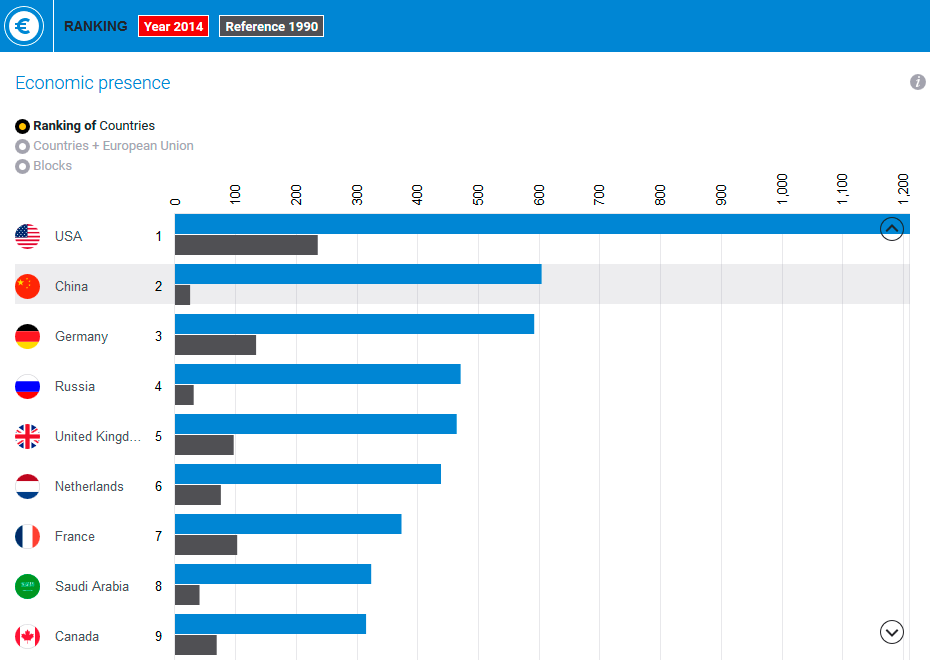
Furthermore, Obama and Xi met at a time of tension in bilateral relations, enhanced by cyber security issues and military movements in the South China Sea, as US National Security Advisor confirmed and was reflected in the post-meeting summary. Before the visit, Xinhua news agency referred to the trap of Thucydides –a theory used when a hegemonic power faces competition from an emerging one, leading to warlike conflicts-, which Xi denied in his speech though warning:
“But should major countries time and again make mistakes of strategic miscalculation, they might create such traps for themselves”.
Also, CNN pointed out:
“In a way, Xi’s visit marks the beginning of an ending. The Obama administration’s vexing struggle to manage relations with Beijing –which has become more nationalistic and willing to project power in recent years- is drawing to a close. And the Chinese may already be looking to the future.”
And in that future –increasingly more present- there is no doubt of the need to get positioned on the American side. But China wants a louder voice, as was evident in the later speech that President Xi gave at the UN General Assembly. It should be recalled that since joining the Security Council in 1971, China has exercised a total of nine vetoes, and four of them in the past five years.
Later this month President Xi will visit the United Kingdom –the first time by a Chinese President since 2005- after Chancellor of the Exchequer George Osborne proclaimed in Beijing the beginning of a new era of bilateral relations.
China and the UK are, along with Germany, the main beneficiaries of this globalization period but with different presence profiles. If the former has relied primarily on its economic dimension under the impulse of manufactured exports, the British did it by the soft dimension, though with nuances. Because the UK’s role in the financial field or in exports of services was already undeniable but, in addition, in the current edition of the Elcano Global Presence Index we warned about the sharp growth of its primary exports, explained by the increase of gold sales destined for Asian markets.
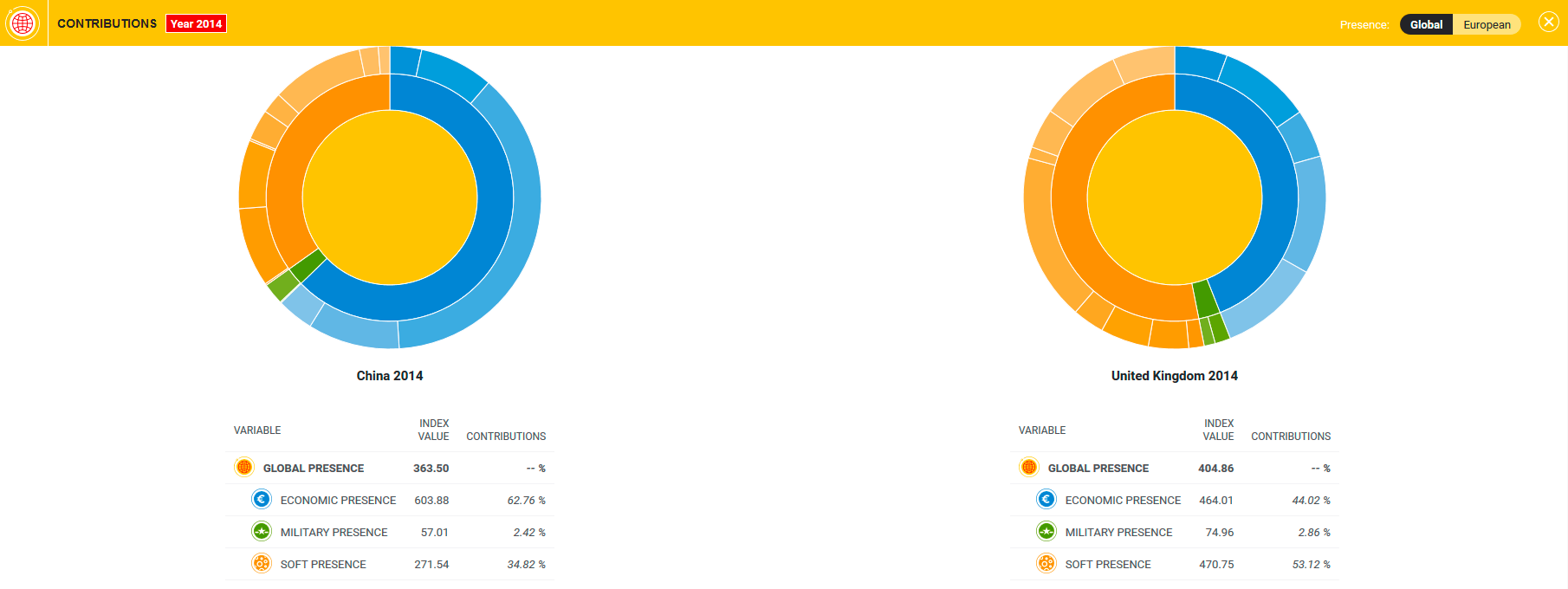
The nuances are also necessary for the Chinese case where the manufacturing dominance is giving way to other indicators. Within the economic dimension, the weight of foreign investment is becoming increasingly more important, where it ranked 22 in 1990 and 11 in 2014. In fact, part of the UK approach includes investments in nuclear power plants, a situation that along with British participation in the Asian Infrastructure Investment Bank has not pleased the USA.
And along with the slight increase in its military dimension, the soft dimension launched with a growing Chinese performance in terms of development cooperation, but also many other indicators within this dimension: notice the greater record than UK in sports, tourism, science, and technology. China is aware that soft dimension matters –Xi’s speech in Seattle included numerous references to America’s culture– and the transformation that it is experiencing is reflected in changes in the nature of its global presence.
